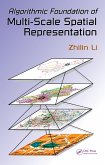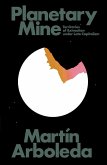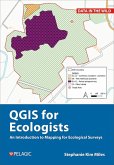Individual-based models are an exciting and widely used new tool for ecology. These computational models allow scientists to explore the mechanisms through which population and ecosystem ecology arises from how individuals interact with each other and their environment. This book provides the first in-depth treatment of individual-based modeling and its use to develop theoretical understanding of how ecological systems work, an approach the authors call "individual-based ecology.?
Grimm and Railsback start with a general primer on modeling: how to design models that are as simple as possible while still allowing specific problems to be solved, and how to move efficiently through a cycle of pattern-oriented model design, implementation, and analysis. Next, they address the problems of theory and conceptual framework for individual-based ecology: What is "theory"? That is, how do we develop reusable models of how system dynamics arise from characteristics of individuals? What conceptual framework do we use when the classical differential equation framework no longer applies? An extensive review illustrates the ecological problems that have been addressed with individual-based models. The authors then identify how the mechanics of building and using individual-based models differ from those of traditional science, and provide guidance on formulating, programming, and analyzing models. This book will be helpful to ecologists interested in modeling, and to other scientists interested in agent-based modeling.
Grimm and Railsback start with a general primer on modeling: how to design models that are as simple as possible while still allowing specific problems to be solved, and how to move efficiently through a cycle of pattern-oriented model design, implementation, and analysis. Next, they address the problems of theory and conceptual framework for individual-based ecology: What is "theory"? That is, how do we develop reusable models of how system dynamics arise from characteristics of individuals? What conceptual framework do we use when the classical differential equation framework no longer applies? An extensive review illustrates the ecological problems that have been addressed with individual-based models. The authors then identify how the mechanics of building and using individual-based models differ from those of traditional science, and provide guidance on formulating, programming, and analyzing models. This book will be helpful to ecologists interested in modeling, and to other scientists interested in agent-based modeling.









